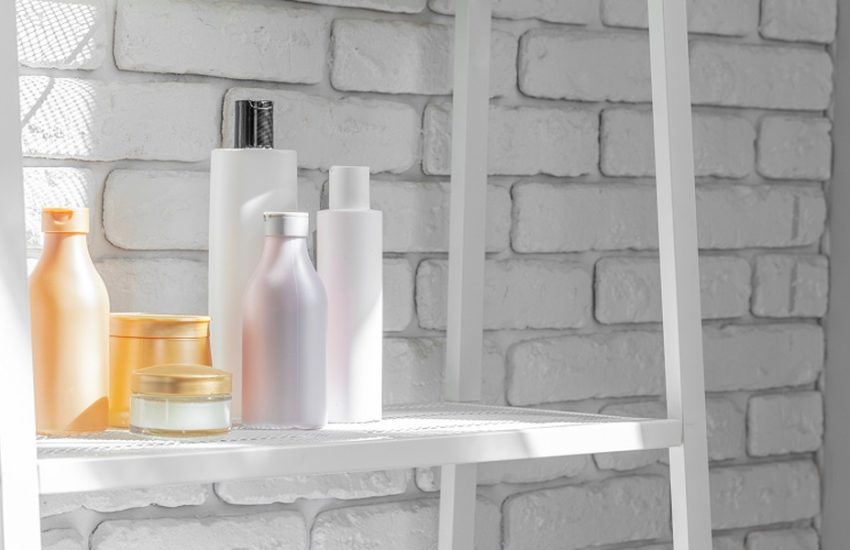Critical Oral Care Tips For Smokers And Ex-Smokers
It is not news that smoking causes a number of serious diseases, the most dangerous of them all being lung cancer. Other than that, it increases the risk of tuberculosis, eye problems, etc. While the effects of smoking are widely discussed, how it affects your oral health is still rarely talked about. Smokers and non-smokers should be extra careful with their dental care.
Consuming tobacco items and smoking exposes your oral cavity to toxins, negatively affecting your teeth and gums. You might see smokers developing conditions like bad breath and teeth staining. If you are a smoker with dental issues, visit an Antigo dentist immediately.
Tips for smokers and ex-smokers
- Make regular dental visits.
For smokers, it is recommended that they visit their dentist at least twice a year because they are at a greater risk of developing dental issues than the rest of the population. Evaluating a smoker’s mouth for teeth and gum issues twice a year will allow the dentist to spot the warning signs and fix an issue while it is still in its early stage. Routine checkups also allow smokers to get cleanings for tobacco stains and remove plaque build-up.
- Use toothbrushes for smokers and ex-smokers.
Regardless of whether you still smoke or have left smoking, you are at risk of dental disease. Toothbrushes specially made for smokers and ex-smokers effectively remove stains and plaque buildup caused by tobacco consumption. Such toothbrushes are flexible and can reach the mouth’s difficult areas. Electric toothbrushes are also a great option for smokers.
- Use mouthwash for bad breath.
If you smoke or are used to smoking, it is likely that you struggle with bad breath. While it is not easy to quit smoking easily, what you can do is rinse your mouth with an effective mouthwash to help clear particles and stains and get fresh breath. Like toothbrushes, there are some mouthwashes specially designed for smokers.
- Look for ways to quit smoking.
Every human being is going to die one day, but smoking can significantly speed up the process. Every cigarette you smoke takes a bit away from your life. The best way to protect yourself from oral diseases caused by smoking is by quitting smoking. Even if dental problems are reversible, they are quite expensive to treat.
Talk to your dentist if you want to quit smoking but are struggling. They may be able to suggest resources and provide you with the much-needed motivation for the journey.



